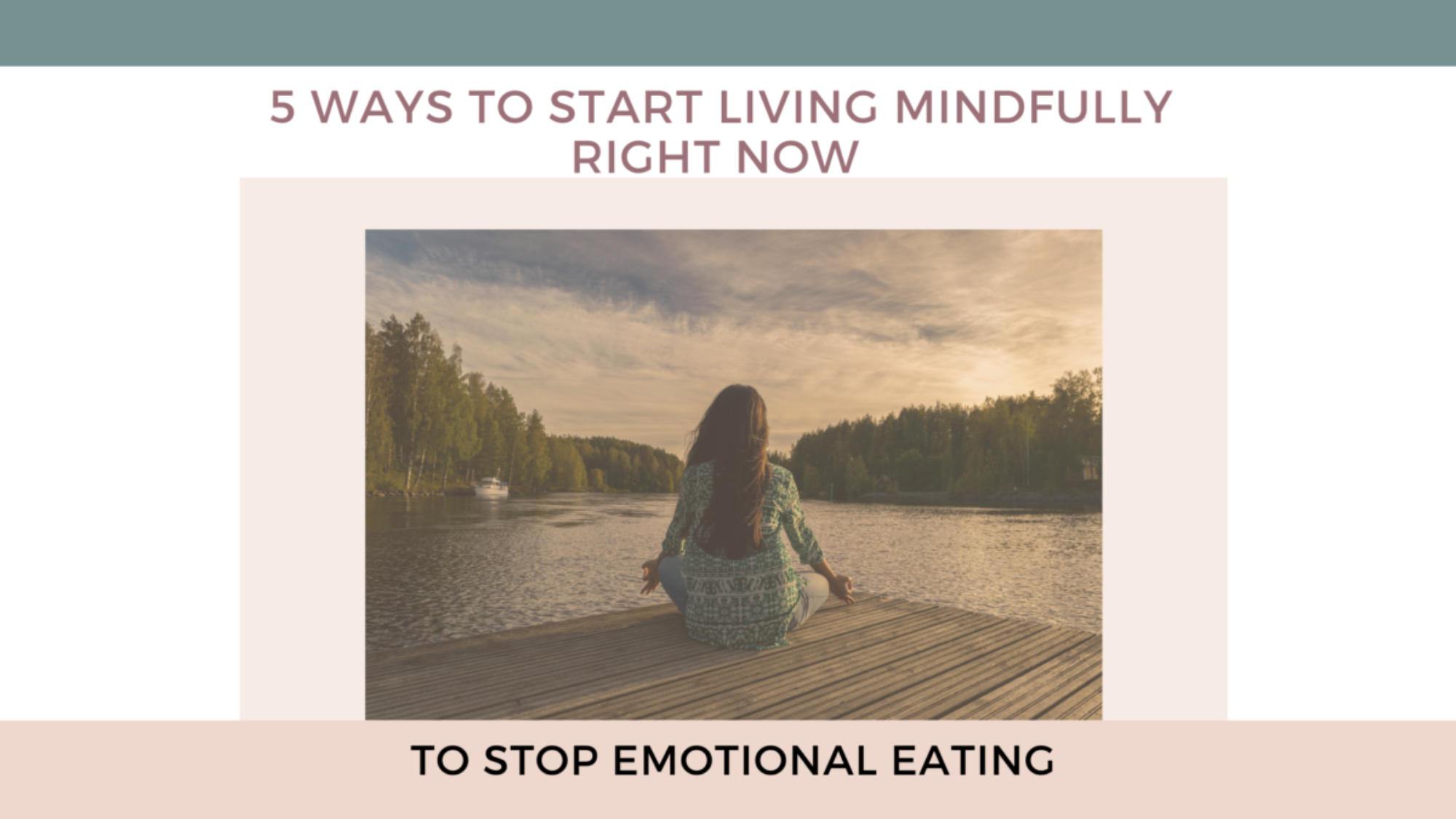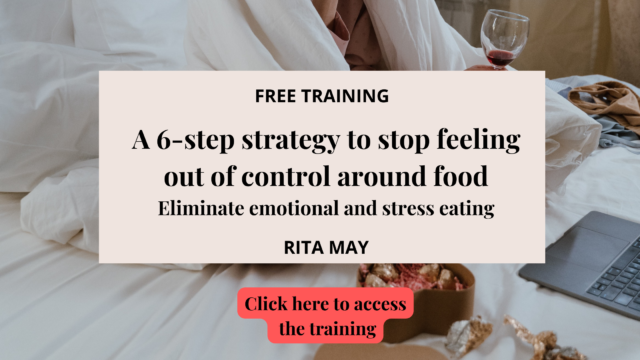
Smart, successful people, like you, despite all they’ve accomplished, sometimes can’t figure out how to stop overeating.
CEOs, entrepreneurs, professionals, researchers, physicians, lawyers, coaches, and leaders know how to solve complicated problems, lead the work of other people, win big contracts, save lives, solve legal issues, and coach other people on various topics, but they feel powerless around food.
You’re always busy, your job is stressful, you may even travel a lot, plus you raise a family. To build your career first, you may have had children later in your life. Now you're in your late 40s or early 50s and have to face the problems associated with your busy career, perimenopause, moody teenagers and ageing parents at the same time.
The
eat-to-soothe stress habit became your release.
You can read about how stress-related overeating works and how this habit forms
here.
[irp posts="7045" ]
[irp posts="3093" ]

...
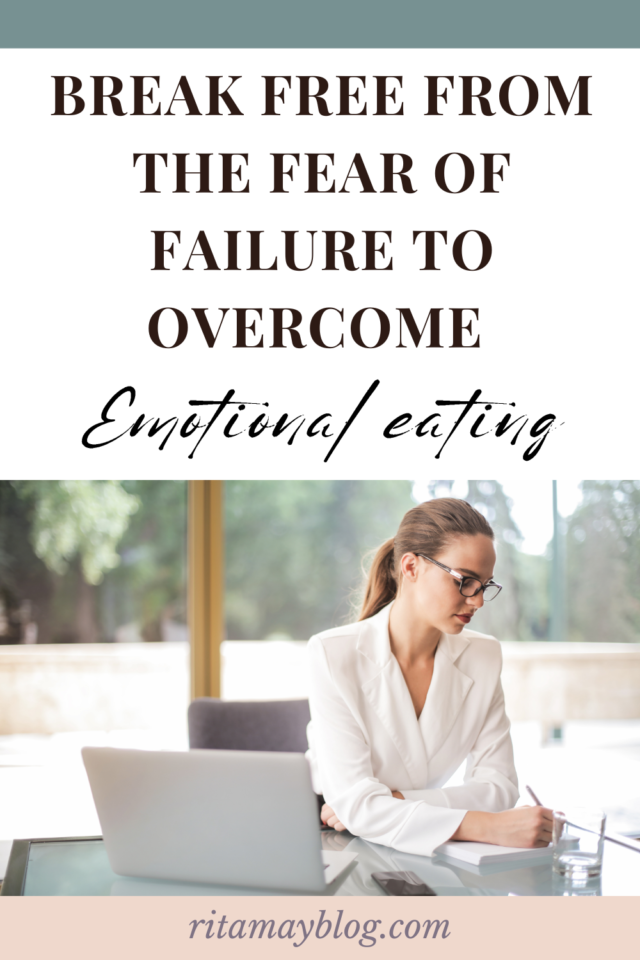 ...
... 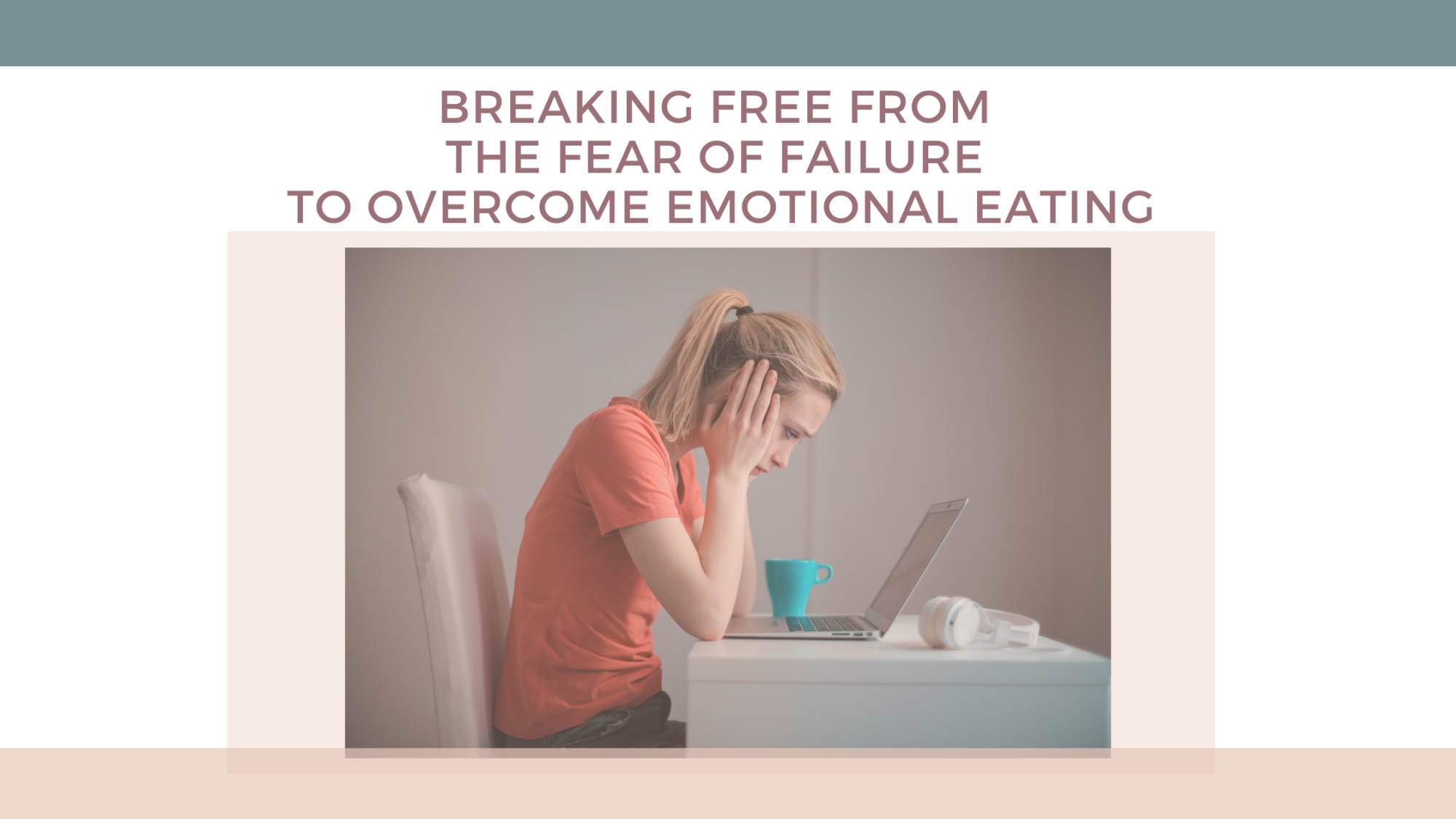
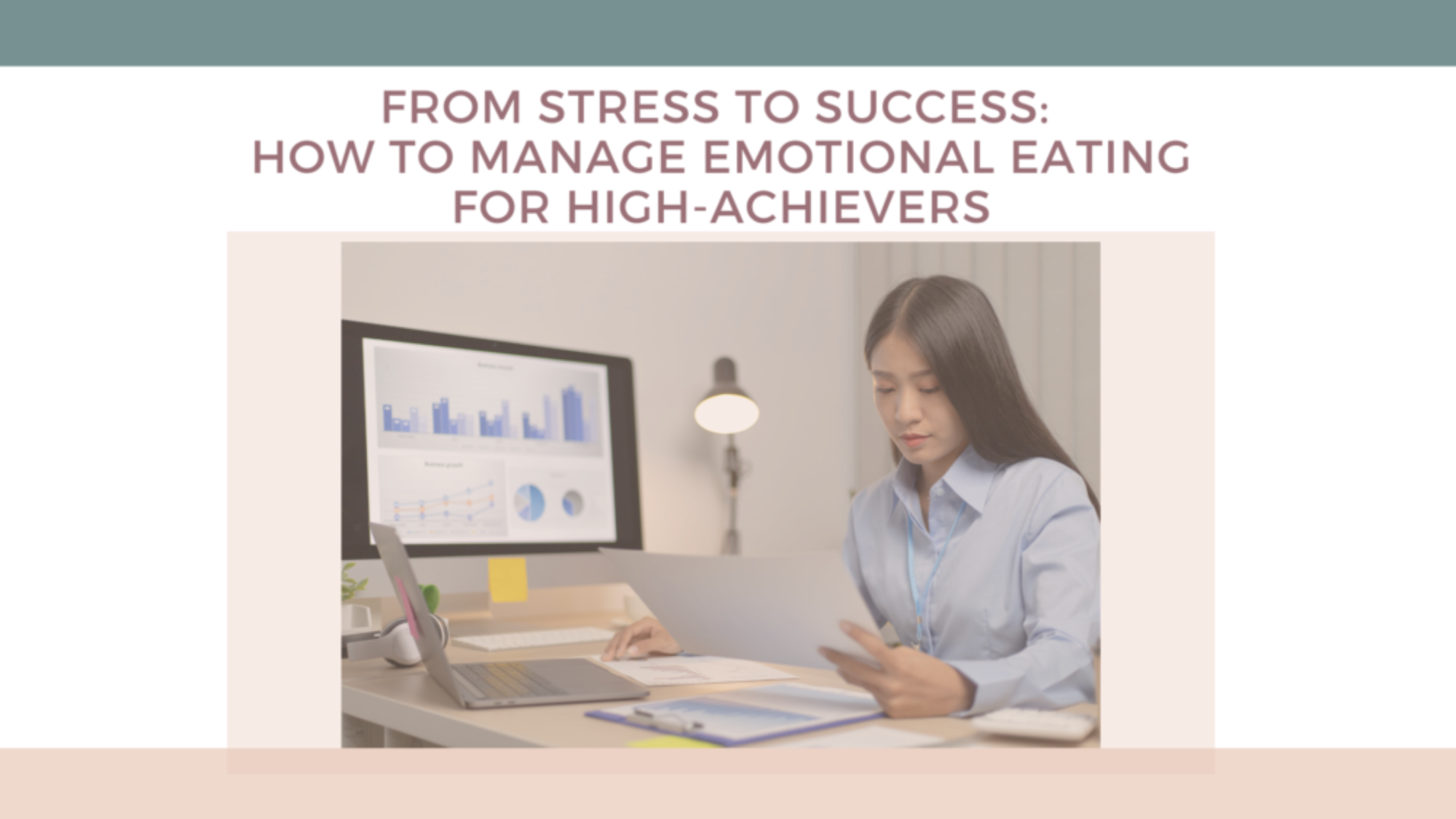

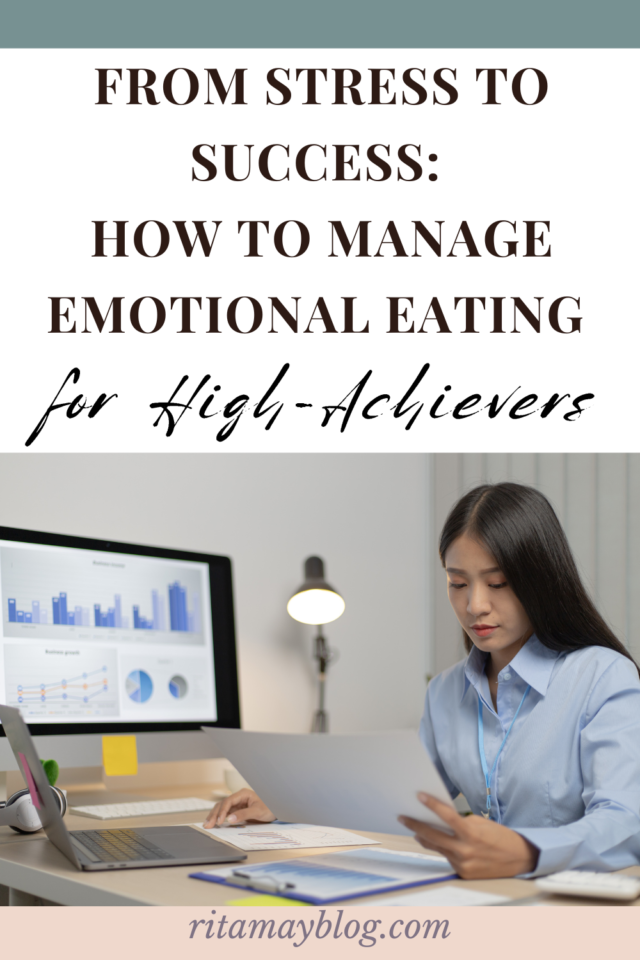 ...
... 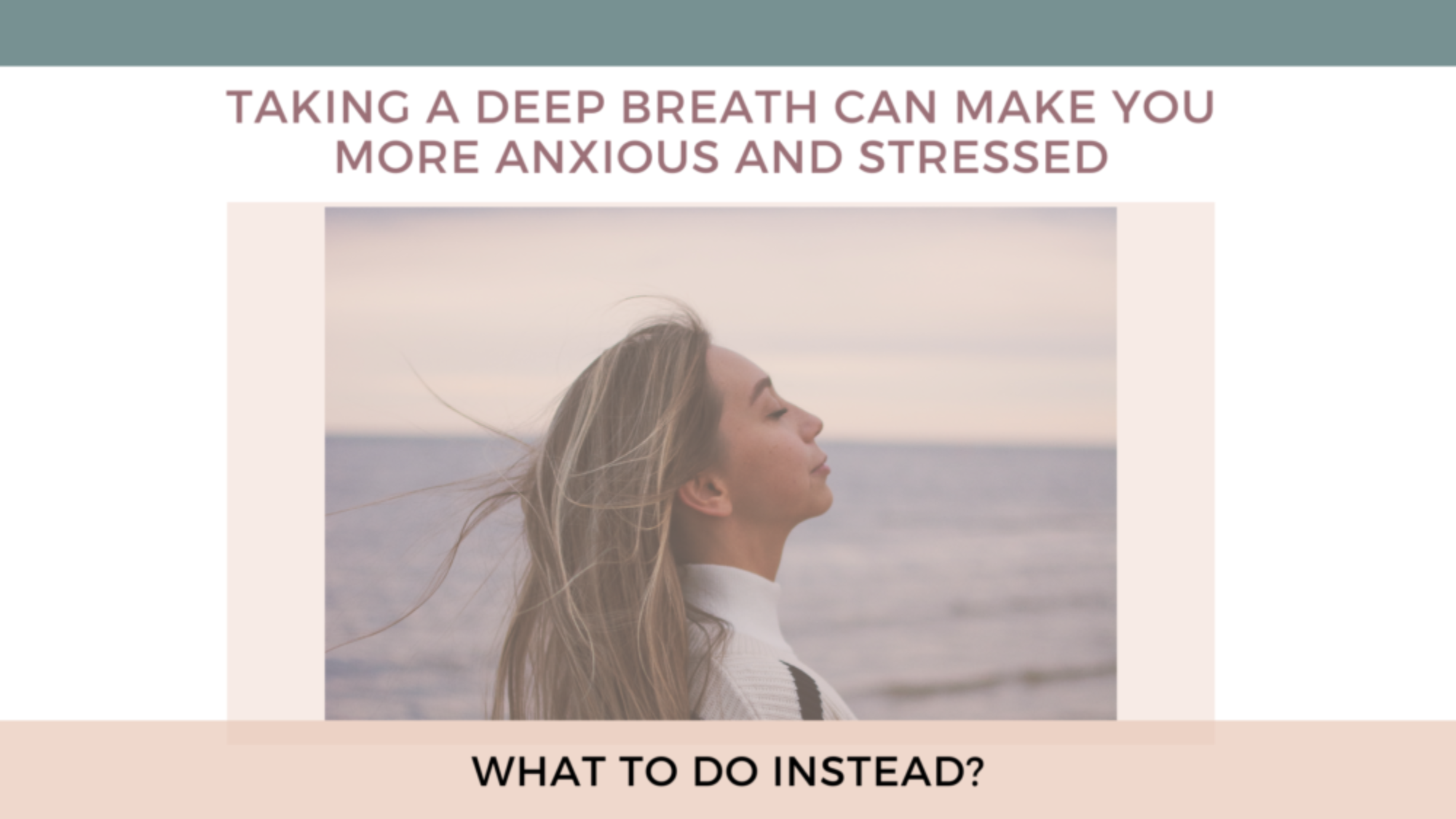
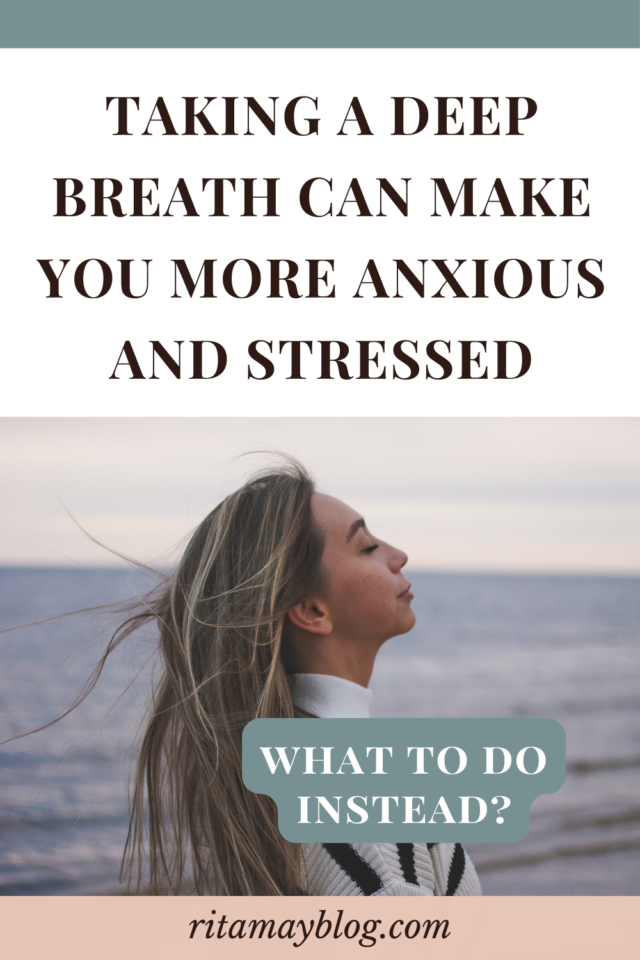 ...
... 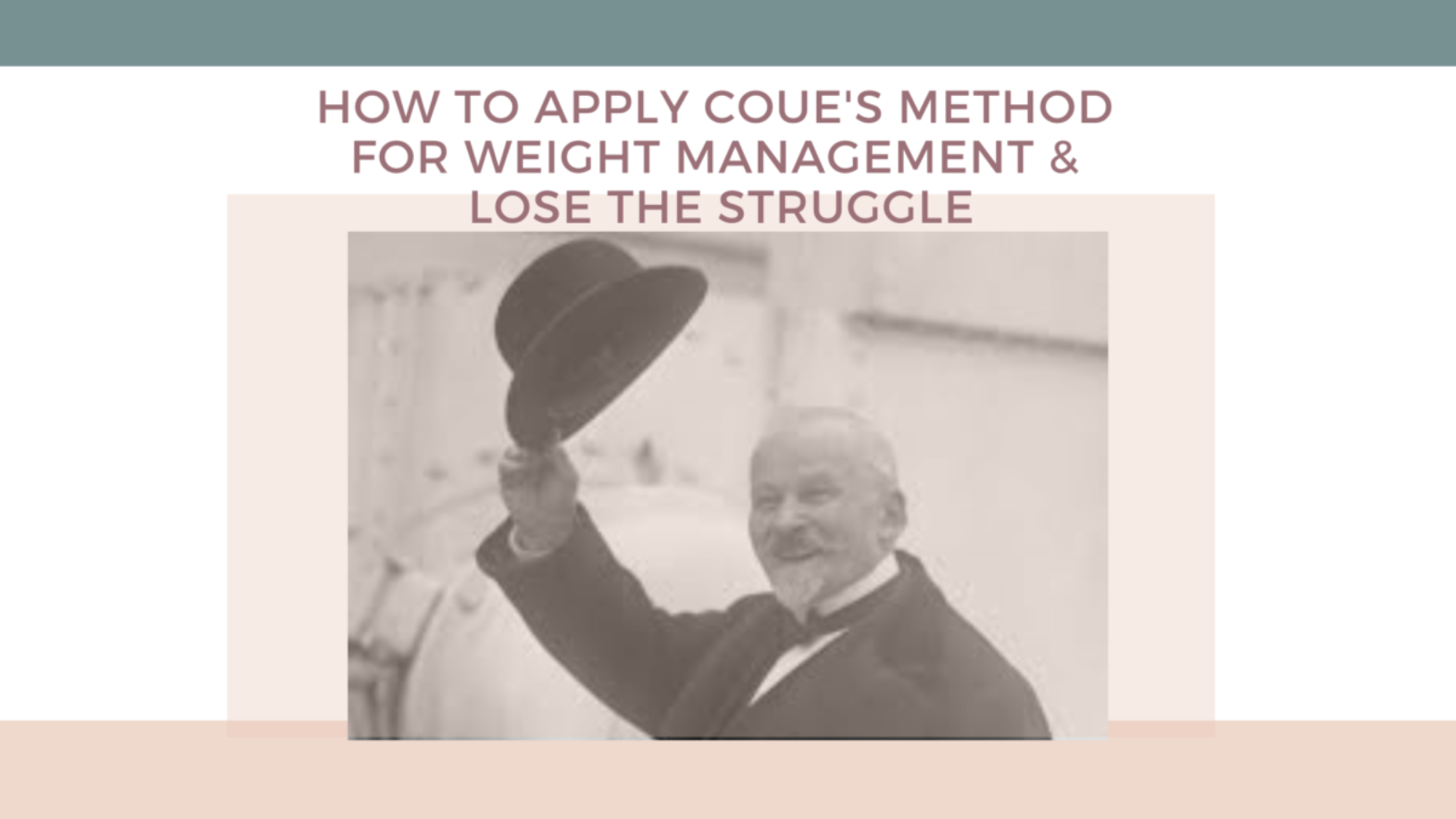
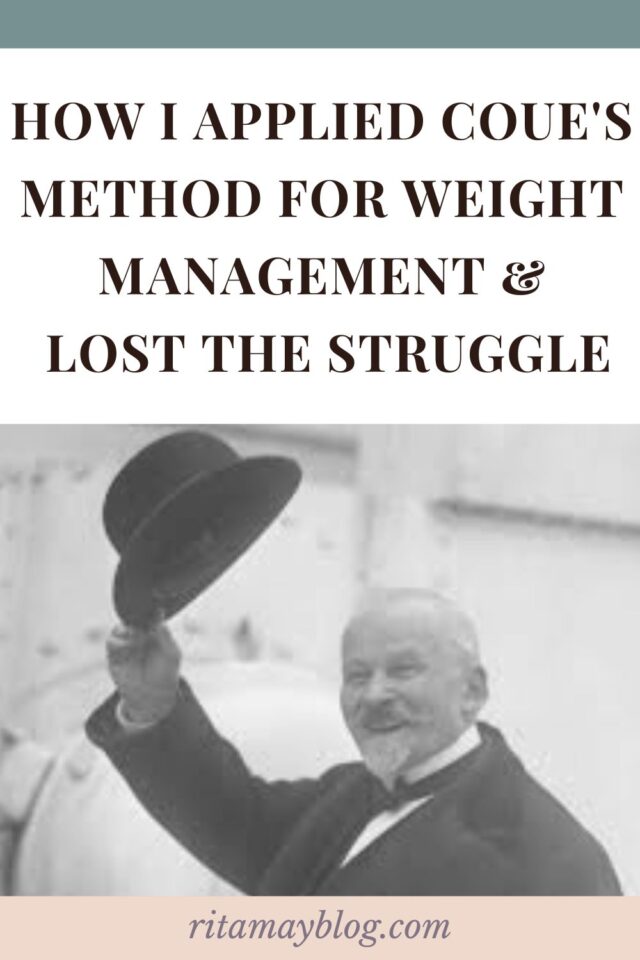 ...
... 
 ...
... 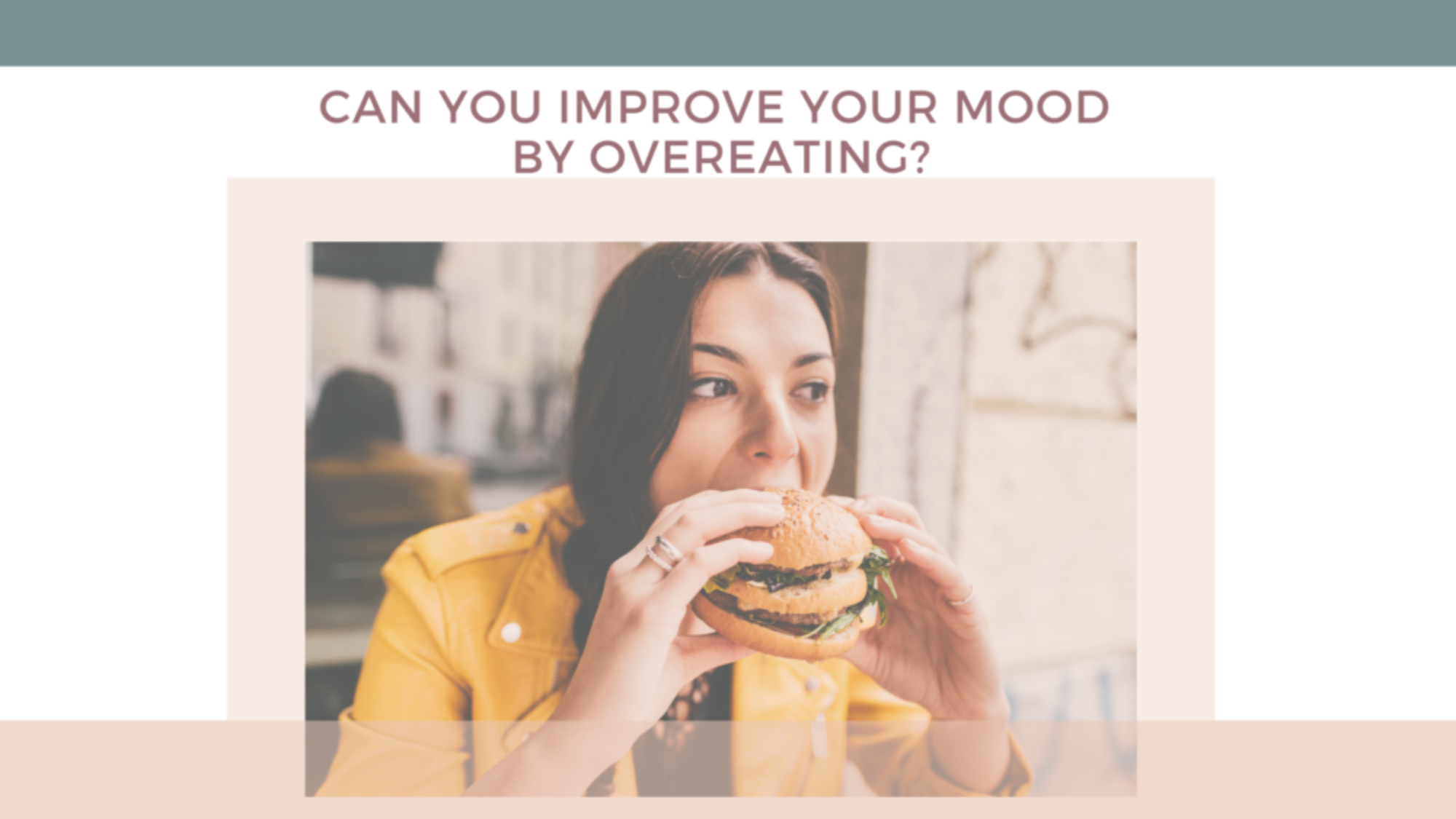
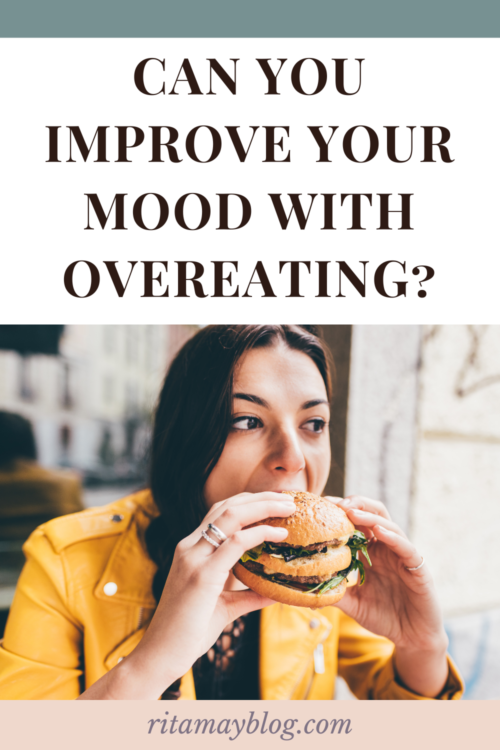
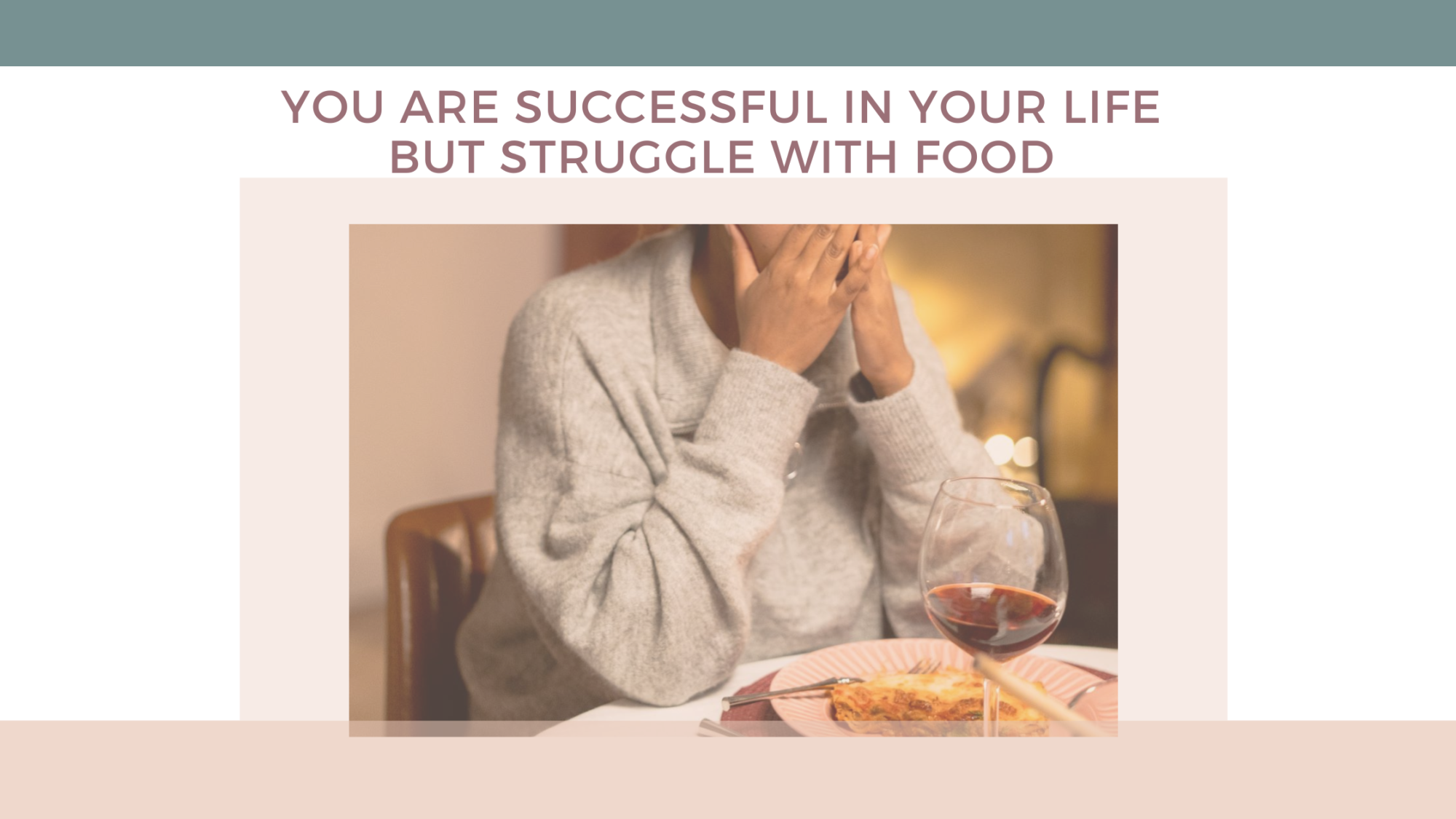
 ...
... 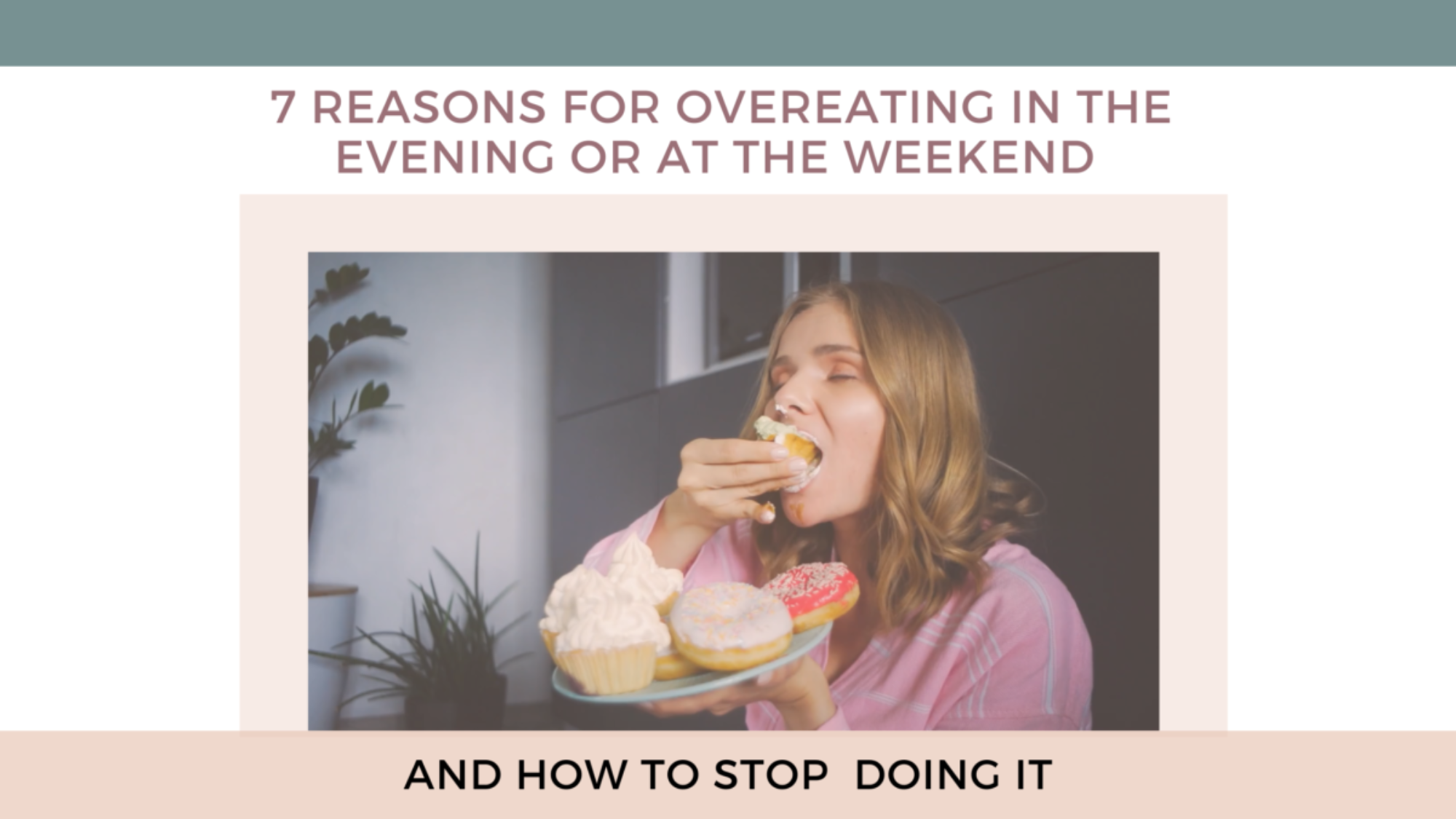
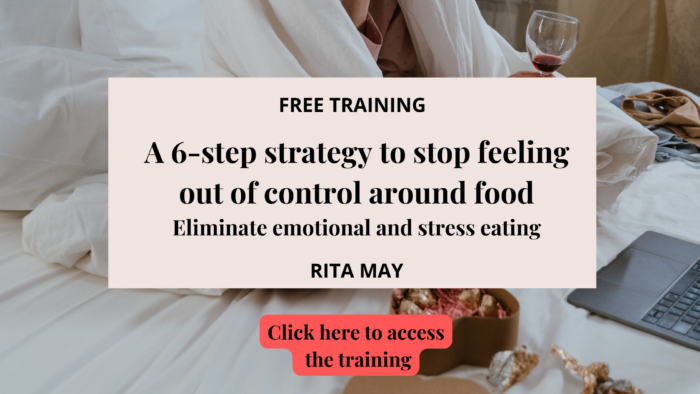
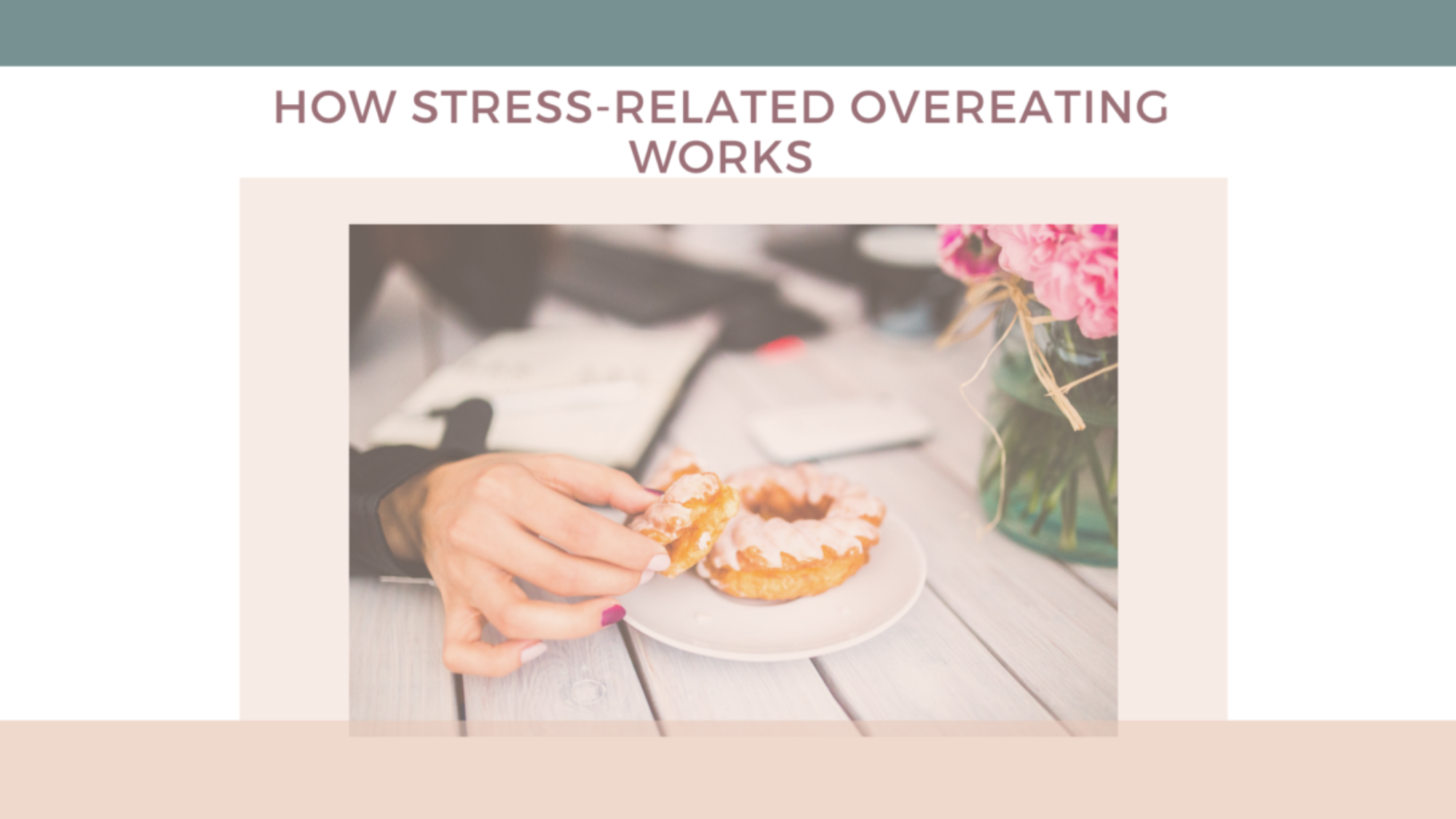
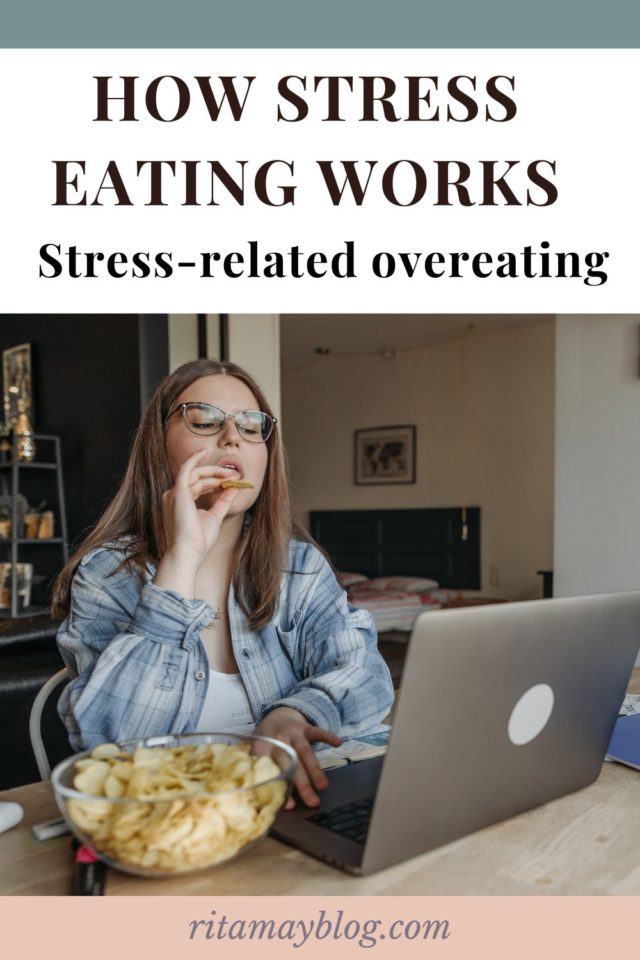 ...
... 